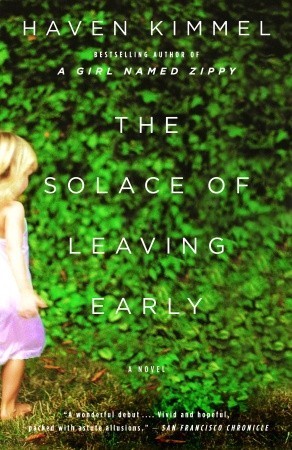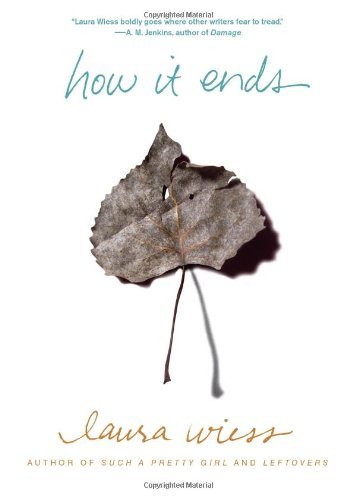
How the Light Gets In
Book Description
Amid a swirling storm of secrets and shadows, one woman's journey unfolds in a stark, unflinching exploration of love and desperation. As a tangled web of choices and consequences threatens to unravel her existence, she grapples with the haunting specters of her past while battling the relentless pull of the present. Each page crackles with tension, drawing you deeper into her emotional turmoil. Friends become foes, loyalties blur, and every revelation reshapes her reality. Can she find redemption in the broken spaces, or will the darkness consume her completely? What happens when the light is obscured by the weight of human desire?
Quick Book Summary
"How the Light Gets In" by M.J. Hyland is a piercing coming-of-age novel that follows the tumultuous journey of Lou Connor, a young Australian woman thrust into a new and unsettling life in America as an exchange student. The story captures Lou’s struggle with alienation, dislocation, and her battle to find emotional connection amid a web of secrets and family dysfunction. As Lou navigates the tensions of her host family's household, she finds herself weighing the hope of happiness against the shadows of her haunted past. Hyland’s portrayal is unflinching and achingly honest, offering a vivid meditation on longing, resilience, and the complexities of human desire. Ultimately, Lou’s search for light in dark places becomes a testimony to survival and self-discovery.
Summary of Key Ideas
Table of Contents
Alienation and Belonging
Lou Connor, a precocious yet emotionally scarred teenager from Australia, arrives in America as an exchange student, full of anticipation for a fresh start. Far from her turbulent and impoverished family, she enters the home of the Harding family, expecting warmth and comfort. Instead, Lou encounters a cold and emotionally distant environment that forces her to mask her vulnerabilities and manage new forms of discomfort and suspicion. The unfamiliar landscape and culture add to her deepening sense of alienation, compounding the loneliness she tries desperately to outrun.
Secrets and Truths
As Lou becomes enmeshed in the Harding household, underlying secrets begin to surface. The veneer of suburban stability in her host family is quickly shattered by dysfunction, falsehoods, and unresolved conflicts. Lou finds herself constantly navigating blurred lines between loyalty, honesty, and complicity. Her presence acts as a catalyst, unearthing truths that the family fights to suppress. At the same time, Lou’s own history of trauma and neglect is mirrored and magnified by what she witnesses, leading to emotional confrontations that challenge her fledgling sense of identity.
Coming of Age Amidst Dysfunction
Throughout her journey, Lou sees her dreams of escape repeatedly threatened by external pressures and her internal struggles. She attempts to form bonds—both desperate and genuine—with those around her, only to be met with betrayal, confusion, or indifference. The isolation Lou feels is sharpened by the cultural and emotional chasm between herself and those who are supposed to care for her. Hyland deftly captures the sharp-edged pain of adolescent yearning, the hope for connection, and the devastating sting of rejection.
Resilience and Vulnerability
Yet, amid the shadows, there are moments of resilience. Lou’s honesty, self-awareness, and resourcefulness come to the forefront as she refuses to be defined by circumstances that continually threaten to break her. She pushes back against despair, seeking meaning and redemption in the fractured spaces of her existence. This hard-won growth is not without cost—Lou must reconcile herself with her limitations and face the scars of her past to envision the possibility of a brighter future.
The Search for Redemption
Ultimately, "How the Light Gets In" is an exploration of the struggle for selfhood and hope in the face of adversity. Lou’s journey invites readers to witness not just the darkness she endures but also the moments where hope seeps in—through tiny acts of courage, fleeting kindness, and the dogged refusal to surrender to despair. The novel’s poignant ending underscores the ambiguous victories of growing up, leaving open the question of whether the light Lou seeks has finally found its way through."
Download This Summary
Get a free PDF of this summary instantly — no email required.





